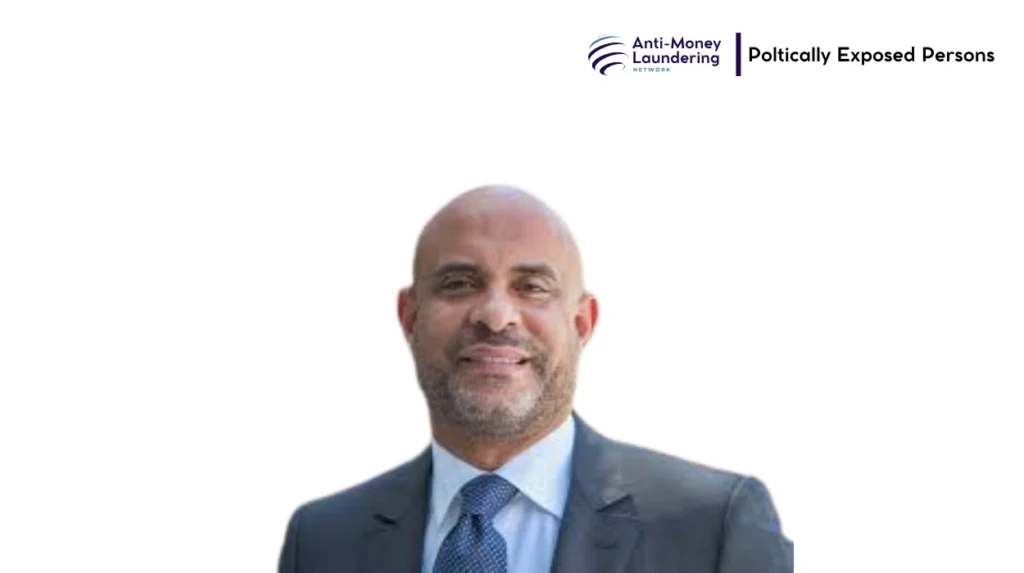Laurent Lamothe is a prominent Haitian businessman, technology entrepreneur, and former political leader who served as Haiti’s Prime Minister from 2012 to 2014. Born in Port-au-Prince, Lamothe’s leadership spanned significant reforms focused on economic growth, education, and governance. His tenure was marked both by notable achievements and controversies, making his story essential to understanding contemporary Haitian politics.
Early Life and Background
Laurent Lamothe was born on August 14, 1972, in Port-au-Prince, Haiti. Growing up in a family that valued education and entrepreneurship, he pursued his higher studies in the United States, earning a bachelor’s degree in political science from Barry University followed by a master’s in business management at St. Thomas University. His international education gave him a broad perspective and vital skills that supported his entrepreneurial and political endeavors. He maintains Haitian citizenship and is deeply connected to his country’s social and economic landscape.
Personal Life
Lamothe’s family life is relatively private. He is married, and while details about his spouse are limited, he maintains a close-knit family circle. His children are also kept out of the public eye, demonstrating an intent to protect their privacy amid his political career. Though details about his religious beliefs are not extensively publicized, he aligns with the predominant Christian faith in Haiti. His personal residence and lifestyle reflect a balance of comfort without excessive display of wealth.
Career and Achievements
Before entering politics, Lamothe was a successful telecommunications entrepreneur, co-founding Global Voice Group in 1998, which played a key role in Haiti’s communications sector. His transition to public service began as special advisor to President Michel Martelly before becoming Minister of Foreign Affairs in 2011.
Appointed Prime Minister in May 2012, Lamothe prioritized post-earthquake reconstruction and economic development. His government increased foreign investment, expanded the police force by 30%, and launched social programs like free education that helped reduce Haiti’s extreme poverty. Under his leadership, reforms fostered a safer and more business-friendly environment. However, his resignation in late 2014 followed political opposition and allegations of corruption linked to Haiti’s PetroCaribe program.
Lifestyle, Wealth, and Assets
Estimations of Laurent Lamothe’s net worth point to significant financial success primarily stemming from his business ventures before holding office. Public information on assets like his residence or belongings is limited, suggesting a lifestyle commensurate with a former head of government but without overt extravagance. Despite controversies, his wealth has not been conclusively detailed in public records.
Influence, Legacy, and Global Recognition
Lamothe’s influence extends beyond Haiti thanks to his reforms and international roles. He has been honored by institutions such as Barry University and participated in global advisory councils alongside prominent leaders. Yet, his legacy is complicated by corruption allegations tied to mismanagement of public funds during his tenure. U.S. and Canadian sanctions have affected his international standing, underscoring the challenges of governance in Haiti. Nevertheless, he remains engaged in initiatives focused on economic and social development.
Financial Transparency and Global Accountability
Financial transparency under Lamothe’s administration has been a subject of debate. While Haitian audits cleared him of wrongdoing in state fund management, international concerns prevail about systemic opaque practices contributing to political instability. The PetroCaribe scandal exemplifies the difficulties in enforcing accountability within Haiti’s institutions. Sanctions and visa bans from foreign governments highlight global efforts to address corruption among politically exposed persons.
Laurent Lamothe’s journey from entrepreneur to Haiti’s Prime Minister highlights both potential and pitfalls of leadership in a fragile nation. His achievements in reform and development contrast with the shadow of corruption allegations, reflecting broader governance challenges. Today, he remains an influential figure advocating for Haiti’s progress while navigating complex legacies. His story offers insight into the ongoing struggle for transparent, effective leadership in developing countries.

